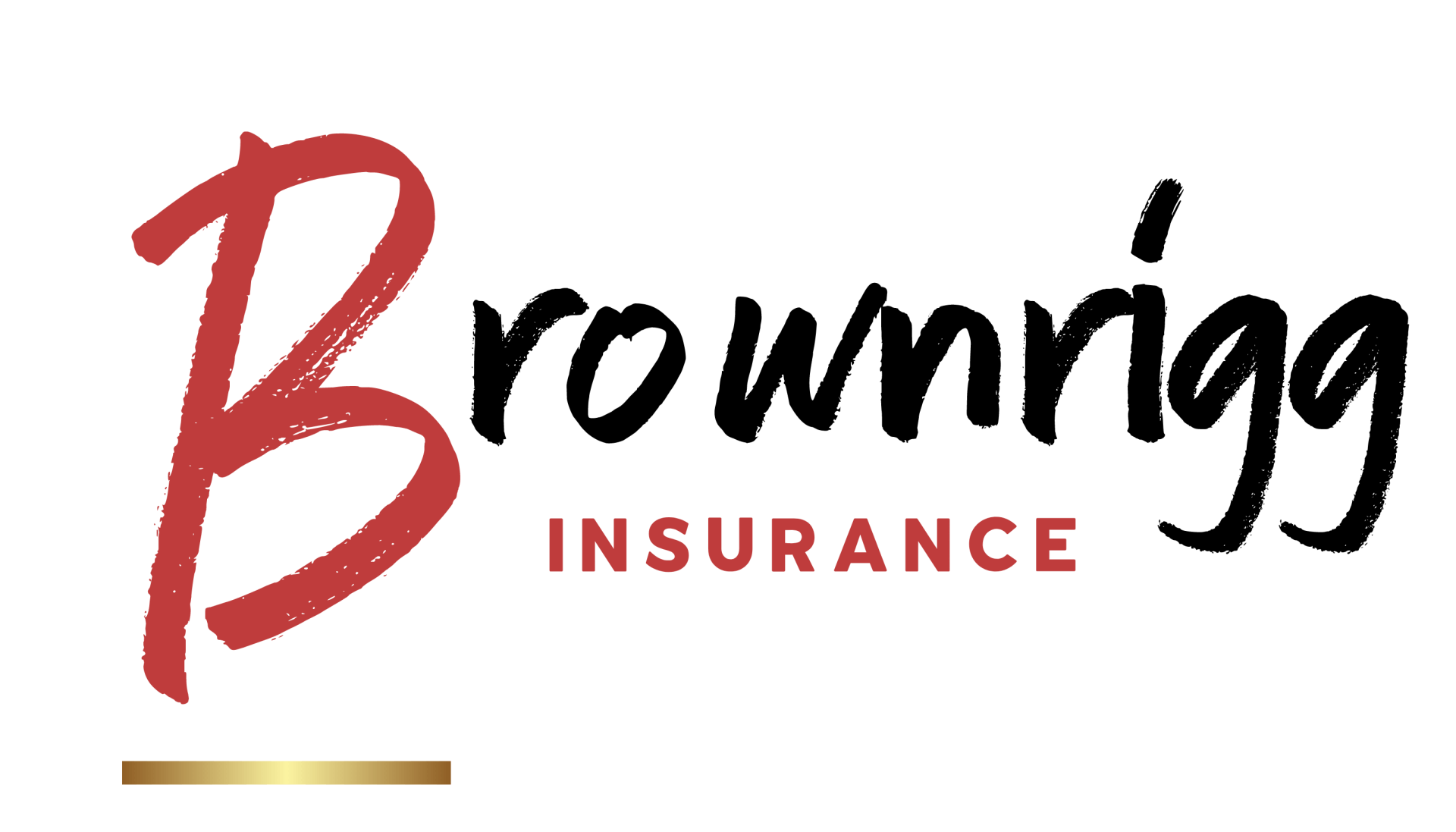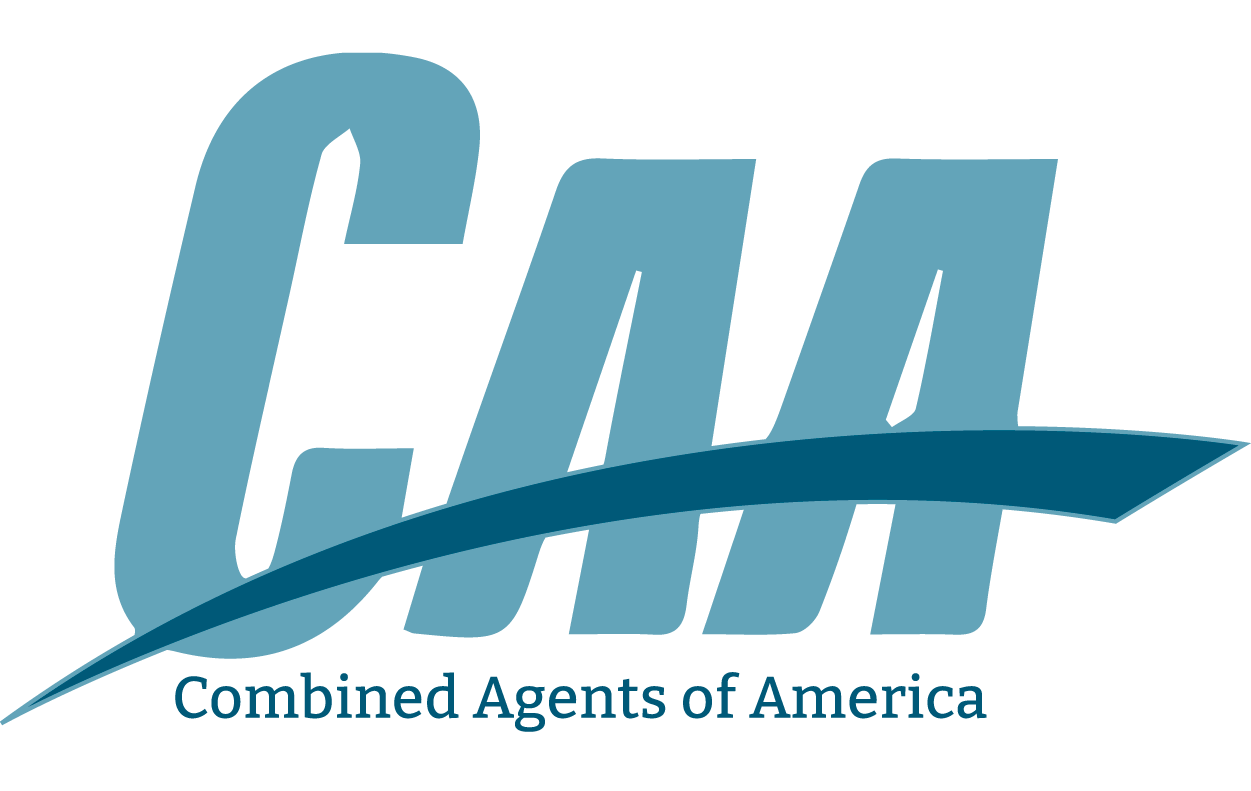Health Insurance
A healthy body is a happy body.
Health insurance is a type of coverage that helps pay for medical expenses, including doctor visits, hospital stays, medications, preventive care, and more.
-
Exclusive Provider Organization (EPO)
A managed care plan where services are covered only if you use doctors, specialists, or hospitals in the plan’s network (except in an emergency).
-
Health Maintenance Organization (HMO)
A type of health insurance plan that usually limits coverage to care from doctors who work for or contract with the HMO. It generally won’t cover out-of-network care except in an emergency. An HMO may require you to live or work in its service area to be eligible for coverage. HMOs often provide integrated care and focus on prevention and wellness.
-
Point of Service (POS)
A type of plan where you pay less if you use doctors, hospitals, and other health care providers that belong to the plan’s network. POS plans require you to get a referral from your primary care doctor to see a specialist.
-
Preferred Provider Organization (PPO)
A type of health plan where you pay less if you use providers in the plan’s network. You can use doctors, hospitals, and providers outside of the network without a referral for an additional cost.
Common Health Insurance Terms
When discussing health insurance with your agent, it helps to understand some of the common terms you’ll run into. Below you’ll find definitions of some of the most common health insurance terms.
Deductible: the amount of money you pay toward medical bills before your insurance
coverage begins.
Co-pay: a specified amount of money you pay upfront for doctor visits and prescription refills.
Co-insurance: the percentage of medical bills you pay after meeting the deductible.
All Rights Reserved | Brownrigg Insurance Agency Inc.




